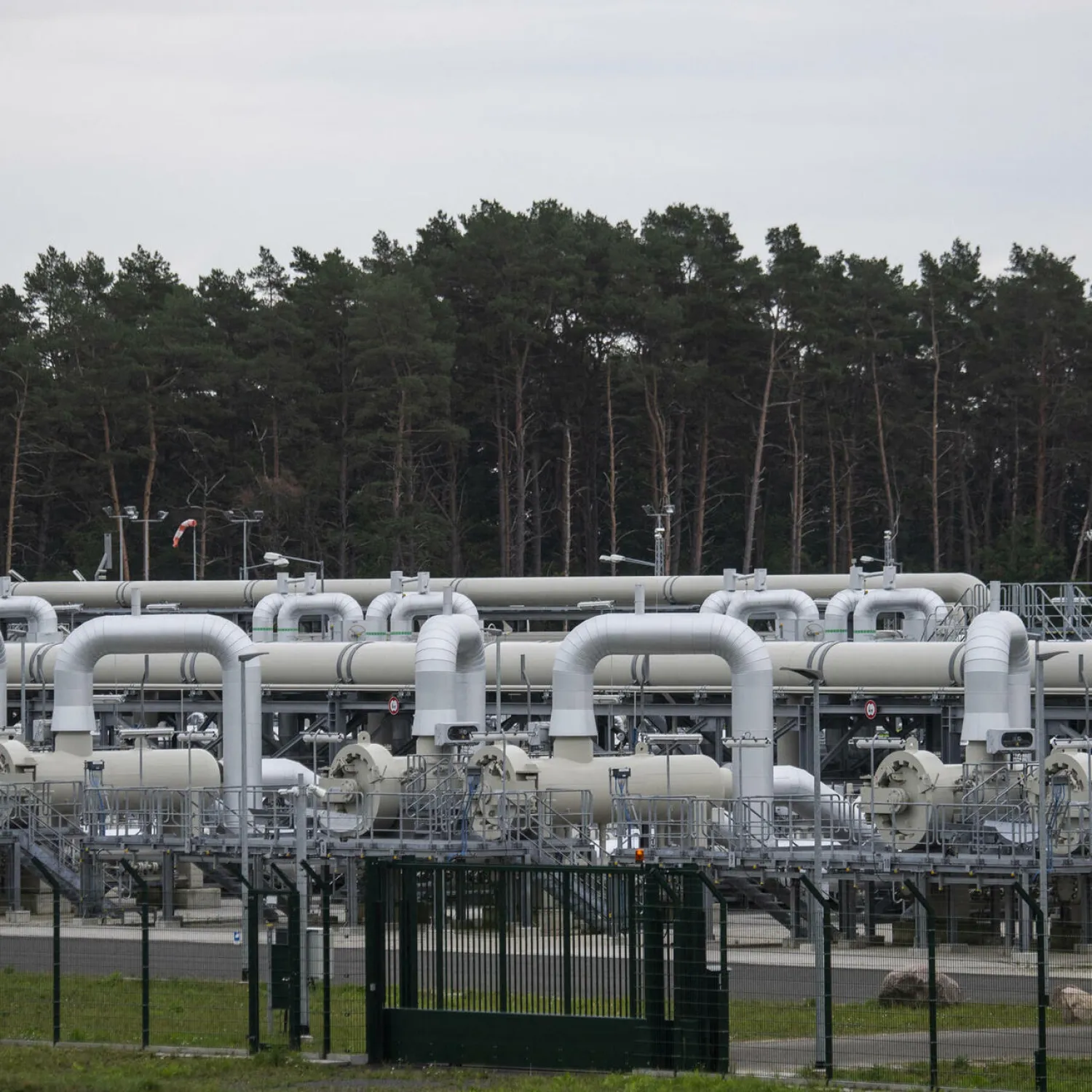Germany activated the second phase of its three-stage emergency plan for natural gas supplies Thursday, saying the country faces a “crisis” and warning that storage targets for the winter are at risk due to dwindling deliveries from Russia.
The government said the decision to raise the level to “alarm” follows the cuts to Russian deliveries made since June 14 and the continued high market price for gas. The third and highest stage is the “emergency” level, The Associated Press said.
It said that while gas storage facilities are currently filled to 58% capacity — higher than at this time last year — the goal of reaching 90% by December won’t be achievable without further measures.
Economy Minister Robert Habeck said in a statement that “the situation is serious and winter will come.”
“The reduction in gas supplies is an economic attack on us by (Russian President Vladimir) Putin,” he said. “We will defend ourselves against this. But our country is going to have to go down a stony path now.”
“Even if we can’t feel it yet: we are in a gas crisis,” Habeck added.
The government said it had informed European partners of the move in advance.









